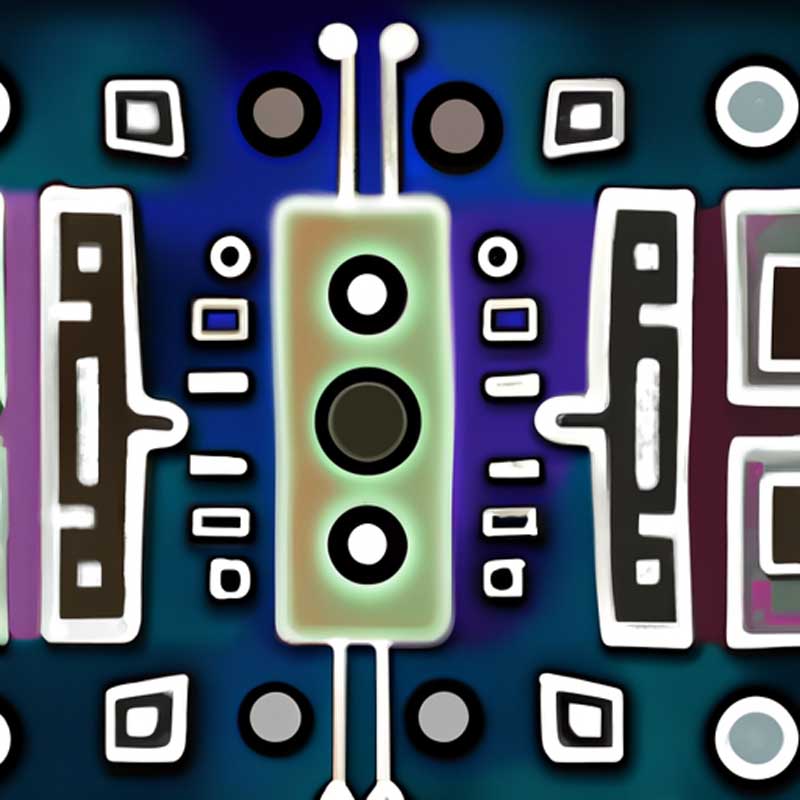TLDR:
- OpenAI’s new text-to-video tool, Sora, is causing concern among experts due to its potential to accelerate the spread of deepfake videos.
- The tool, which can create sophisticated 60-second-long videos from written prompts, is currently restricted to select users for testing.
Key Elements of the Article:
OpenAI’s new text-to-video tool, Sora, has generated alarm among experts in the artificial intelligence field due to its potential impact on the proliferation of deepfake videos. The tool, which is capable of creating detailed videos based on written prompts, has raised concerns about misinformation and its implications for various industries.
Oren Etzioni, the founder of TruMedia.org, expressed fear over the rapid evolution of generative AI tools and their potential to disrupt democracy, particularly in the context of the upcoming 2024 presidential election. Despite its power and capabilities, Sora is currently being tested by a limited group of users to gather feedback and evaluate safety measures to prevent the creation of harmful content.
The tool’s development highlights the challenges in regulating such advanced technologies, with experts emphasizing the need for safeguards and oversight to mitigate potential risks. Additionally, the impact of Sora on content creators and industries such as filmmaking and marketing is expected to be significant, with the potential for cost savings and increased accessibility in creating visual content.
As organizations like banks explore ways to protect against deepfake scams, the widespread availability of tools like Sora poses a threat to security measures relying on video authentication. Ultimately, the emergence of AI-generated content through tools like Sora may transform how visual media is produced and consumed, impacting industries and individuals alike.
